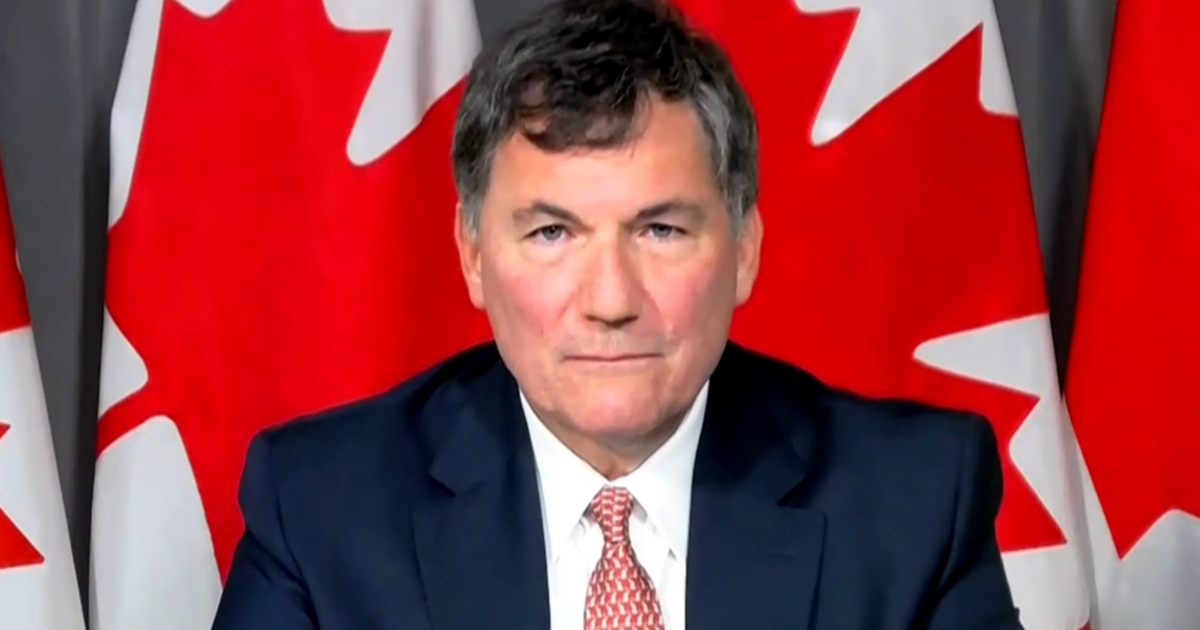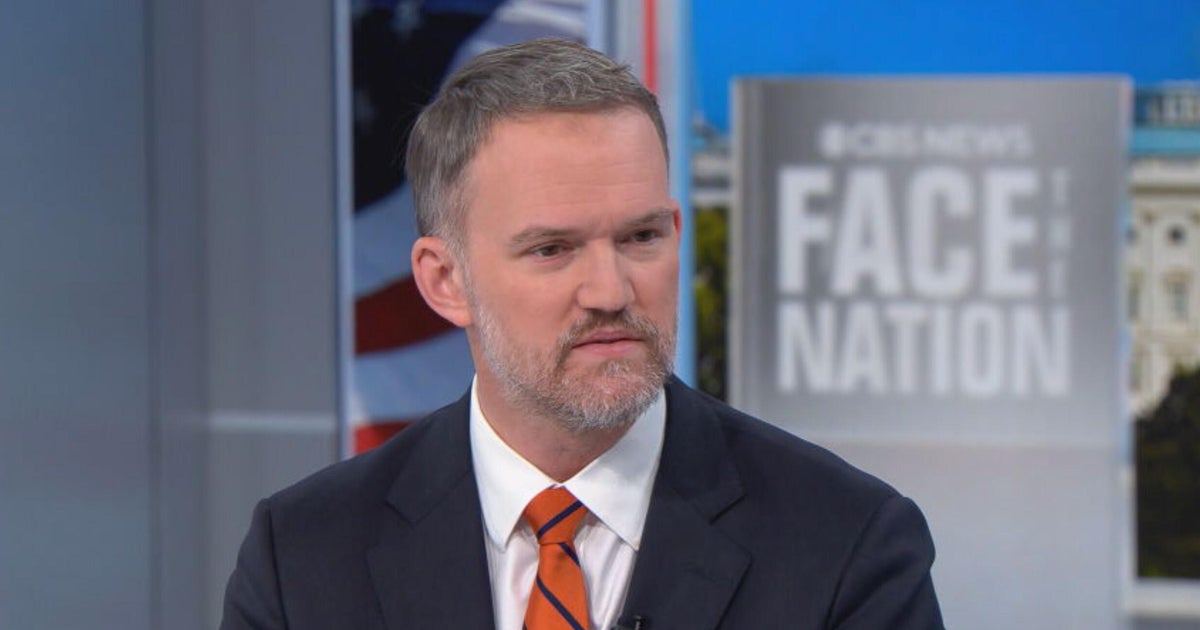T4K3.news
Dominic LeBlanc discusses trade tensions on Face the Nation
Canada's trade minister expresses concerns over U.S. tariffs and calls for negotiation.

The interview highlights the ongoing trade challenges between Canada and the U.S.
Canada urges U.S. to negotiate tariff relief amid trade tensions
In an interview on Face the Nation, Canadian Minister for U.S.-Canada Trade Dominic LeBlanc discussed the contentious tariffs imposed by the U.S. during negotiations for a new trade agreement. The U.S. has implemented a 35% tariff on goods, which LeBlanc described as disappointing. Despite this, he expressed optimism about the potential for collaboration between the two countries, emphasizing their shared economic interests. LeBlanc pointed out that the integrated economies of the U.S. and Canada depend on cooperation, especially in sectors like steel and aluminum. He stated that Canadian aluminum is crucial for the U.S. auto industry, and high tariffs are adversely affecting both economies. LeBlanc believes constructive dialogue could lead to an agreement that benefits both countries.
Key Takeaways
"We believe there's a great deal of common ground between the United States and Canada."
LeBlanc emphasizes the historical ties and mutual interests of both countries.
"Instead of tariffing one another, we should find a structure that benefits both economies."
This statement reflects LeBlanc's call for cooperative solutions amidst trade tensions.
"Our version of the President's One Big, Beautiful Bill aims to unlock investment."
LeBlanc draws a parallel between Canada's investment strategy and U.S. initiatives, illustrating commitment to economic growth.
"The integrated economies depend on collaboration for future growth."
LeBlanc points to the necessity of working together despite tariff challenges, highlighting the interconnectedness.
The tensions between Canada and the U.S. over trade tariffs highlight the complexities of modern economic relationships. LeBlanc's view that both countries benefit from their integrated markets underscores a crucial point. The decision to implement high tariffs on Canadian goods not only impacts Canada but also poses challenges for American companies reliant on Canadian resources. It raises questions about the balance of promoting national security and fostering economic partnerships, especially as industries like automotive start to feel the pinch. This situation is a reminder that the relationship is symbiotic; what affects one partner inevitably impacts the other.
Highlights
- High tariffs hurt both countries in a unique economic relationship.
- We don't sell things to each other as much as we build things together.
- Constructive dialogue is essential for beneficial trade agreements.
- Canada's economy thrives on cooperative trade with the U.S.
Risk of escalating trade conflict
The ongoing high tariffs threaten to damage trade relations and economic stability for both Canada and the U.S. The situation could lead to further retaliatory measures, which risk a prolonged economic impact.
The ongoing trade discussions signal the importance of collaboration in a shifting geopolitical landscape.
Enjoyed this? Let your friends know!
Related News

Canadian trade minister emphasizes ongoing negotiations after U.S. tariff hike
Trump and Marcos discuss tariffs during White House meeting
US and China engage in pivotal trade discussions in Stockholm

U.S. and China meet to discuss trade tariffs

U.S. Tariff Strategy Discussed on Face the Nation

GCC Energy emerges as leader in global markets

Rep. Bryan Steil booed while defending Trump tariffs

Chipmakers report stock declines following US export restrictions
